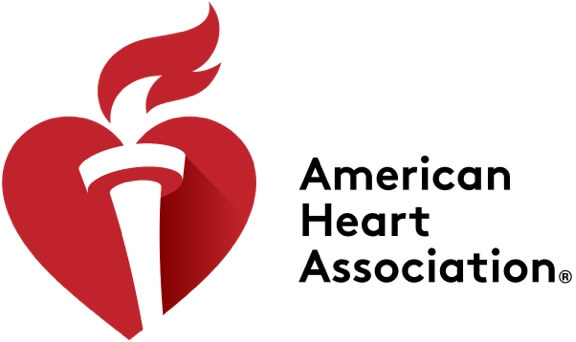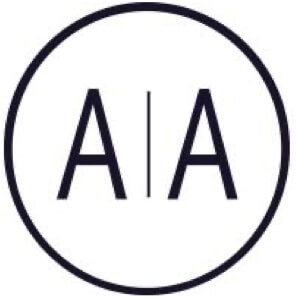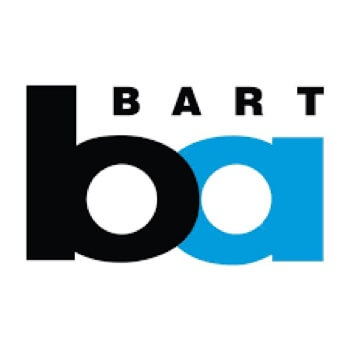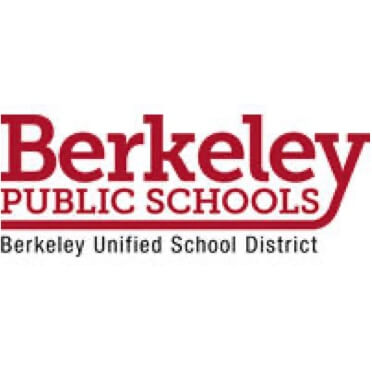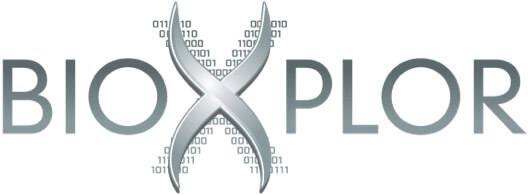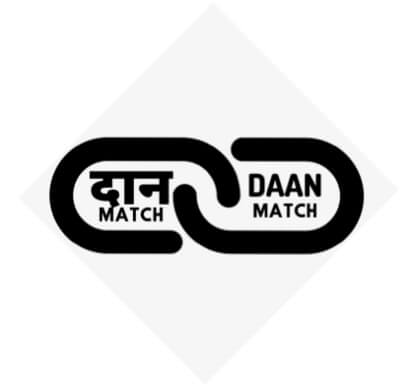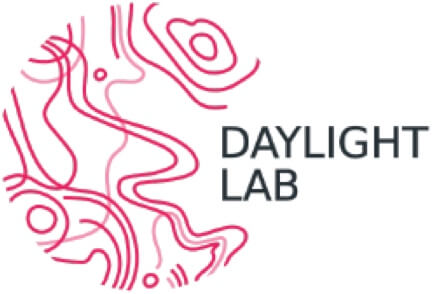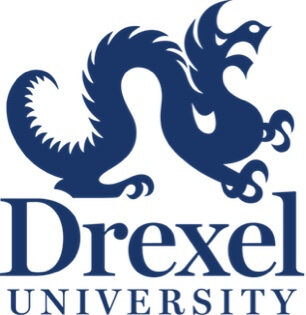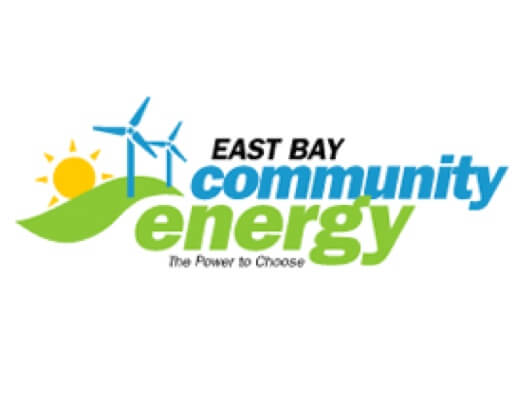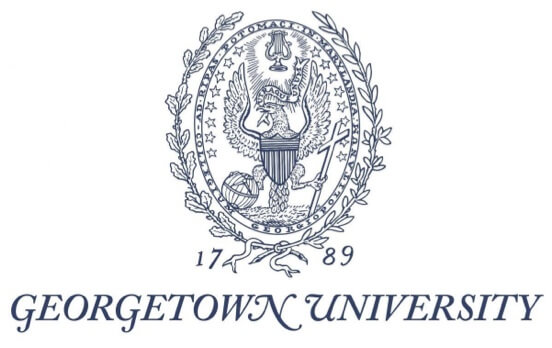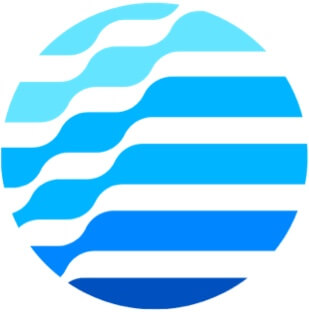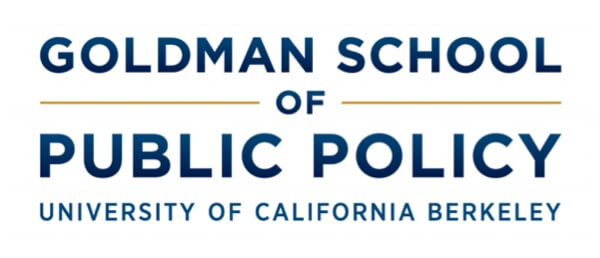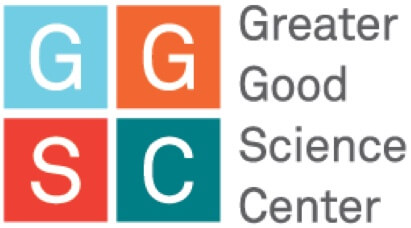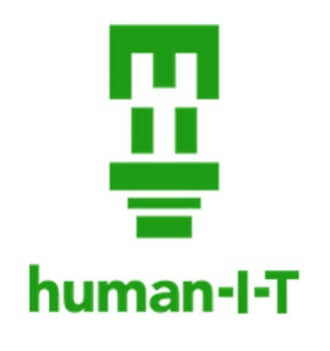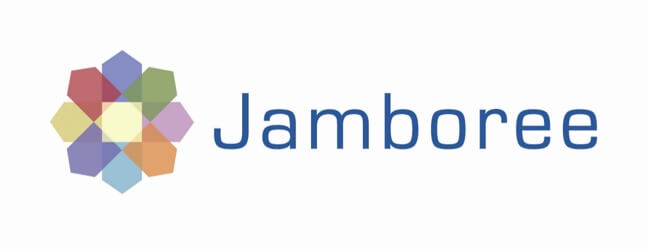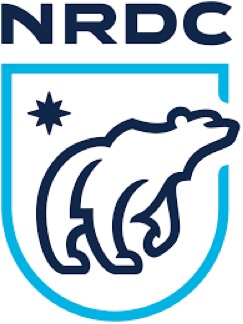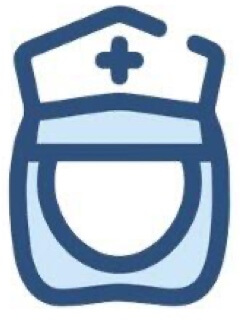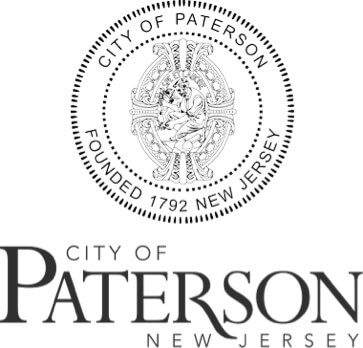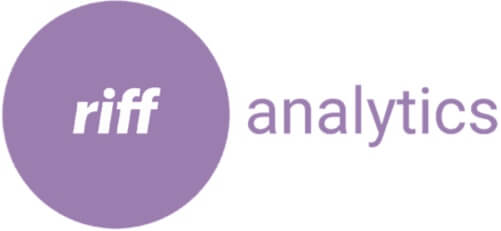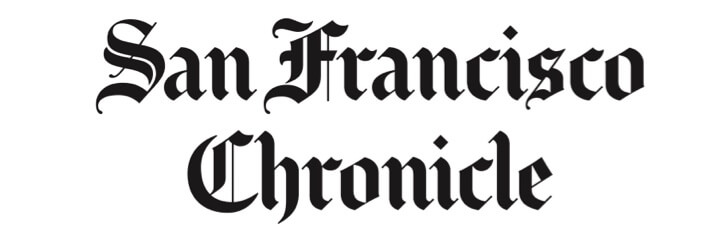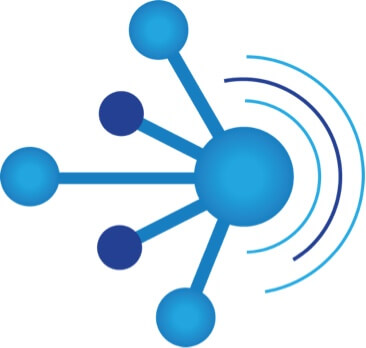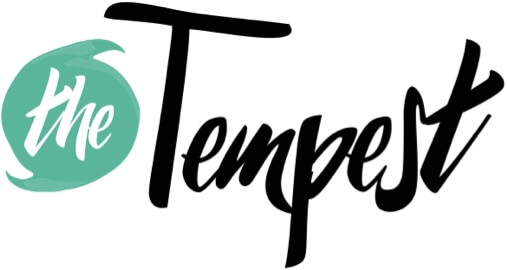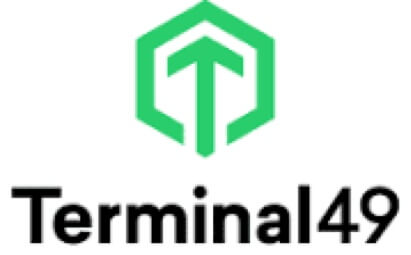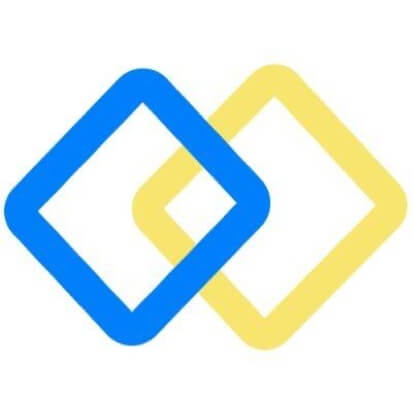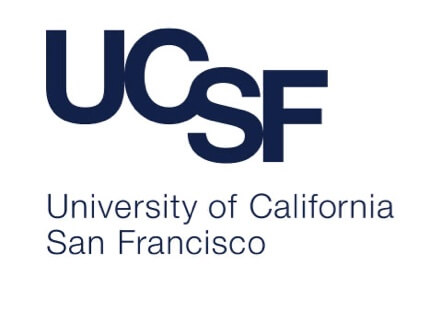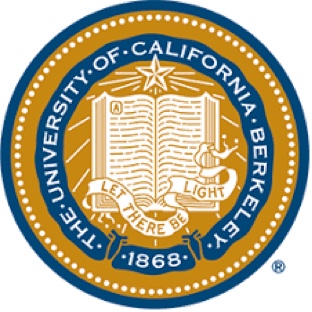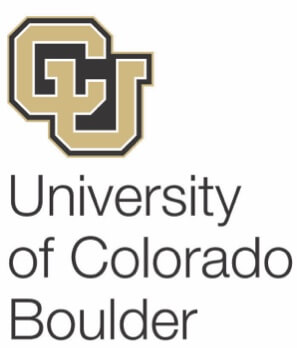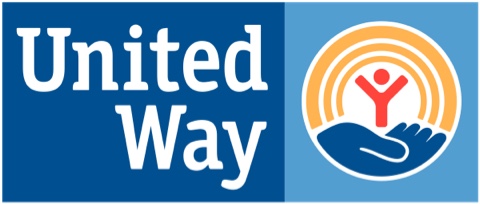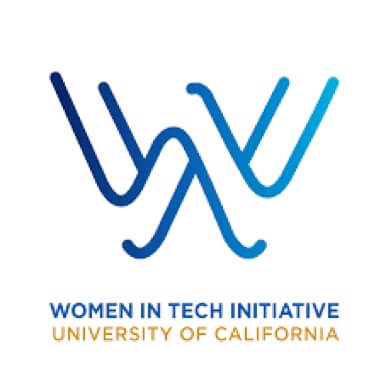Data Discovery Partner applications for Fall 2025!
Application Link
Since 2015, the Data Discovery Program has helped incubate and accelerate research for over 1,000 partner projects. We do this by connecting projects with talented student teams along with project management and technical infrastructure support. We welcome all academic institutions, non-profits, government agencies, and industry to partner with us.
Timeline
Exact program deadlines follow UC Berkeley’s academic calendar and will vary by term. Proposals can be submitted beginning in early August or January, with students applying in the following weeks. All student applications received by their priority deadline will be released for your review the following morning. The student application portal will remain open, with new submissions visible immediately. Most partners choose to interview students before forming their team. You can expect about 12 weeks of work time on your project each semester. Students will present their work at a symposium early December or May.
Fall 2025 Dates
- DDMatch partner portal opens: August 1. The portal will open for you to begin submitting project proposals. Your proposal will be reviewed by Data Discovery staff before being posted, and we may ask you for more information.
- Priority project description deadline: August 7. Submit your project description by the priority deadline to ensure it's visible to students when their portal opens. This will provide the highest visibility for your project.
- Final project description deadline: August 18. No project descriptions will be excepted after the final deadline.
- Student applications viewable: August 19. The first round of student applications will be released to you to review the morning after the student priority deadline, and you can begin scheduling interviews with students. Any new submissions to your project will be visible automatically.
- Student application closes: August 27. You can close your project before the final student deadline if you've selected your student team.
- Deadline for team selection: September 3. Please extend all offers by the deadline for a prompt start to the program.
Requirements
- Eligibility: To host a Data Discovery project, you must be able to provide your student team with a dataset and a goal related to a larger project you're working on. We accept proposals hosted by any academic institution, private company, non-profit, or government agency. Mentors should have sufficient experience within their field to effectively lead a student team, and doctoral students must have the support of their faculty advisor.
- Provide a quality experience for students. Data Discovery is part of our students’ curriculum, and their learning and mentorship should be a primary goal in your work together. Not every task assigned to a student will be exciting or glamorous, but anything you assign should have educational or professional development value. Include students in discussions of the broader goals of your work, ensuring they understand the context of their contributions.
- Support students' program requirements. Support students in their commitments to the program, including enrolling in the Data Discovery course and presenting a poster at the end of the term.
- Meet weekly with your student team. During weekly meetings with students, you should assign tasks, check in on their progress, and give feedback on their work.
- Provide feedback on student engagement. You’ll be asked to submit feedback to the program, including a mid-term evaluation of students’ engagement and progress. Your feedback will be considered in assigning grades for the Data Discovery course.
- Kick-off meeting. Please plan to join us for a virtual kick-off meeting to meet the Data Discovery program team and learn more about the program.
Benefits of participating
- Invigorate your project. Skilled students, eager to apply the state-of-the-art background Berkeley courses provide, offer a fresh perspective and bring new energy to projects.
- Give back. Your mentorship will give back to the community and help shape the next generation of computer scientists, data scientists, and statisticians.
- Develop your leadership. Leading a student team is an excellent opportunity to develop skills as a mentor.
- Support for you. Cloud computing resources and technical support are available to help students contribute to your project. Our staff is also available to support your work with students.
Partner testimonials
These testimonials have been reproduced with permission and edited for clarity and concision.
-
In the non-profit sector, resource limitations and specialized data science expertise are common challenges. Our collaboration with the Data Discovery Program has provided us with the opportunity to more fully explore our data while mentoring students. Their insightful analysis has been invaluable, providing us with a more robust understanding of our clients' evolving needs and empowering us to refine our services with greater precision and impact.
-
Data Discovery is a great way to stimulate intellectual curiosity for both myself as a data scientist, and for students to study data science with real world challenges. It helps my company by gaining hep for research and development preparations. It's also my way to pay back for the help that I received in my career by helping the next generation of data scientists.
-
I am super impressed by the quality of the students that I get to work with! They were super quick to pick up complex topics and deliver MVP-level software code efficiently.

Contact us
For specific inquiries about our program, please do not hesitate to email us at cdss-datadiscovery@berkeley.edu. We are more than happy to provide more details for you.

